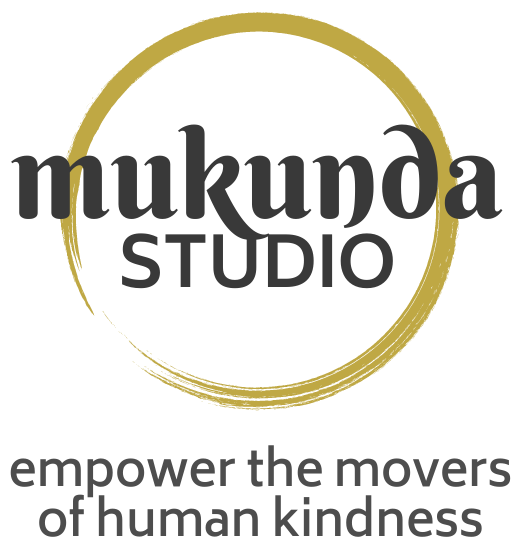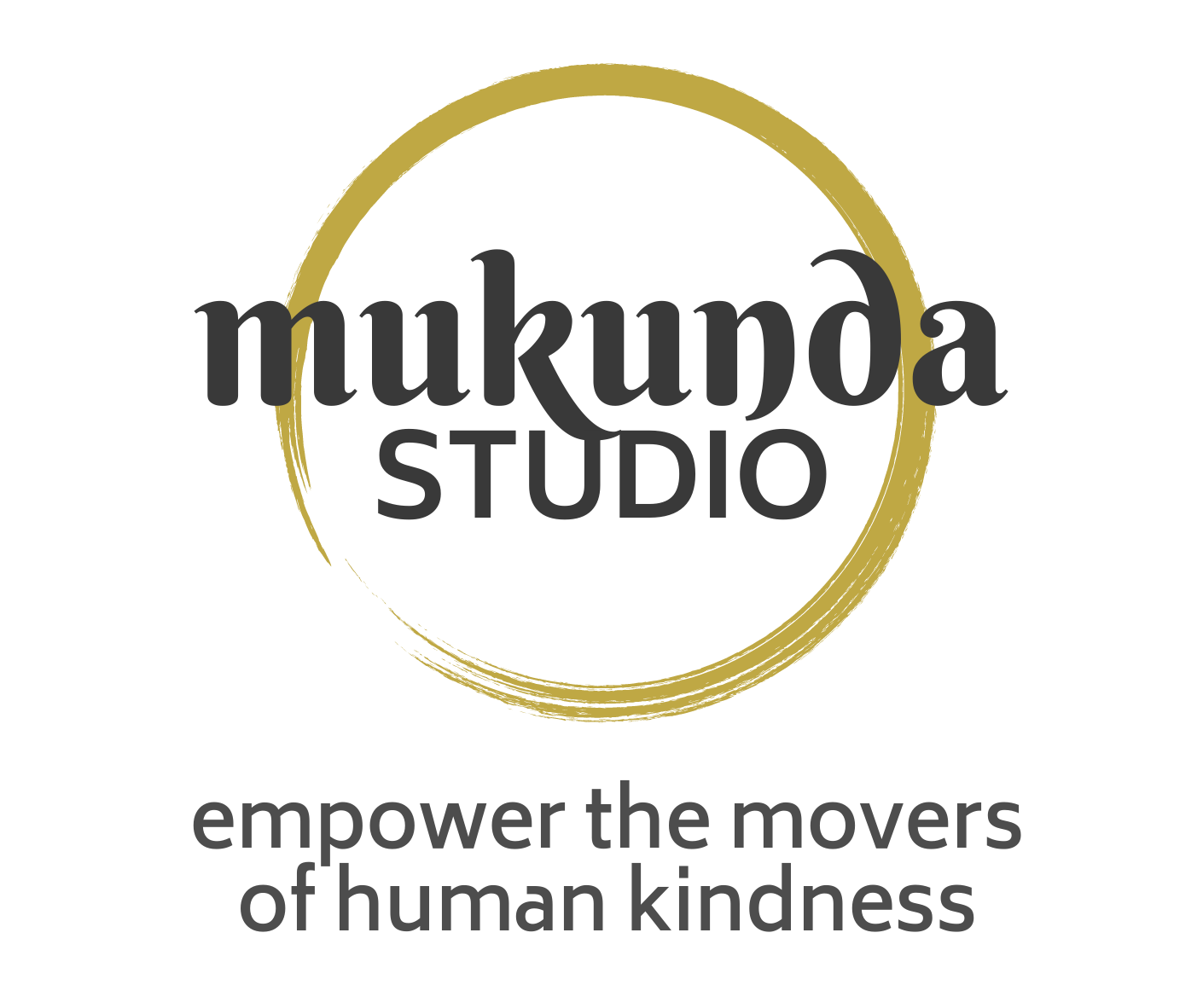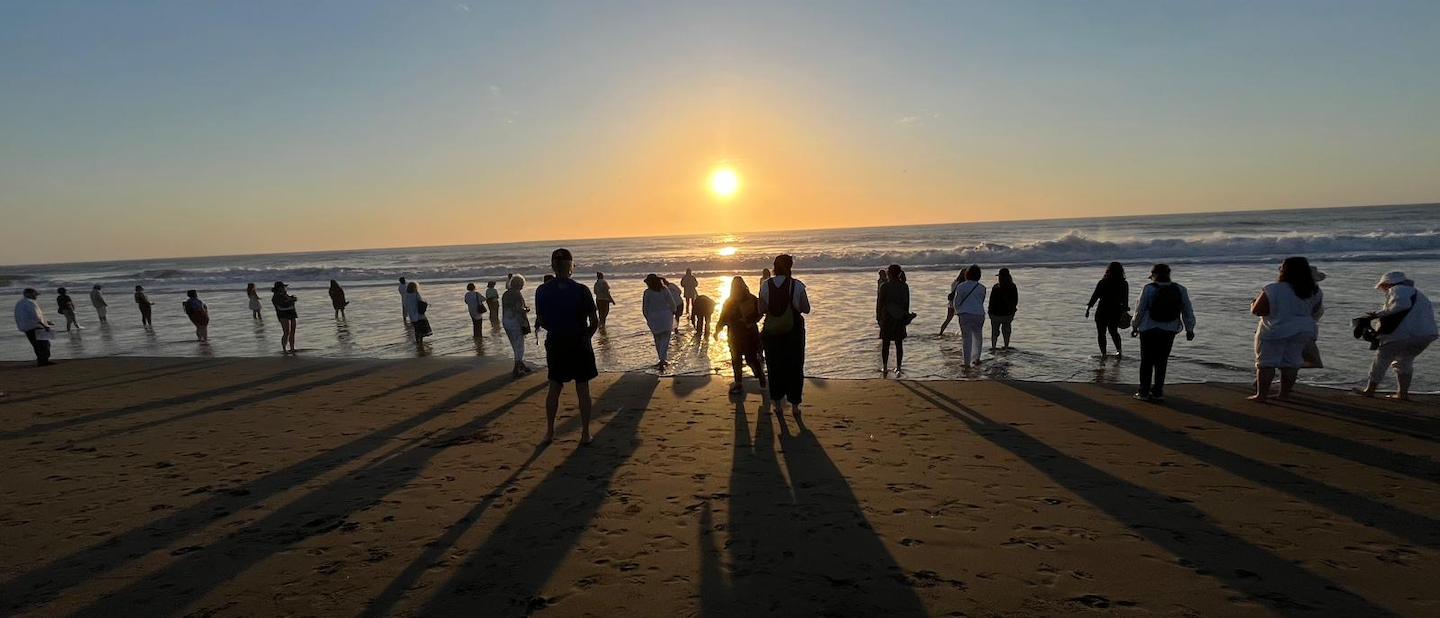Here in SF, the weather has cooled down after some very warm days. Things feel calm and somewhat normal now. But the hurricanes in Florida are devastating people, their homes and their livelihoods. Can we connect the dots of our climate crisis to understand these extremes in weather? (Read from nytimes.com and earthjustice.org)
If we understand that a dramatic weather disaster in Florida signals all of us about climate crisis, then we might understand how we are collectively impacted. If we can understand that a crisis far away could be directly benefited by the actions we take here, then we might feel motivated to donate money/support and/or have empathy for those suffering. We may even consider ways that our choice of movements in life – what we buy, what we do, what we say, how we participate in our families, communities and world, all have impact on others. We are more than a body, and the energy we emit, such as love, hate, compassion or disregard, has a vibrational frequency. If we can have empathy for people we don’t even know, we might recognize our shared humanity that wishes for all to be safe and free. What happens far away could be felt close to our hearts if we allow ourselves that space to care.
Further away, this last year has given us a front row seat to an entire region of people being devastated while their lands are decimated in what echoes the “War on Terror” from 2001 (Related article from nytimes.com). We have learned about the enduring story of Palestinians and a life we could never imagine. For most, the wish has been for a ceasefire and a true movement towards peace – not peace for some and silence or death for others. Though this is happening far away, it is directly connected to our human experience on this planet. If we can consider that a people who are experiencing horrific loss of families, community, culture and land means that we have normalized this narrative to support one-sided thinking, then we might feel called to do something that speaks up for humanity.
Not everyone feels a responsibility to take action around our climate crisis, social justice, anti-racism work, etc. It can appear as a tall order since we have developed as a country on the reliance of the system working as they do. For example, we are bound to rely on fossil fuels because of the money and power that is wrapped around these staying in use as they are. For those who drive cars, travel on planes, shop online, eat meat and update their phone or laptop every year – you’ve got a substantial carbon footprint. AI says the annual carbon footprint for someone who eats meat and drives a car is approximately 4.6 to 8 tons of CO2 equivalent (certain variables will of course alter this estimate). We tend to do things because of the personal benefit we get from it versus truly looking at the interrelatedness of things. It takes work, but when we can feel the web of life bringing responsibility back to our strand.
Rather than thinking we have to take on everything or change all the wrongdoings at once, we can do this a little at a time. But acknowledging the wrongdoing and then doing something to right the wrong is the key. Educating our selves and being open to hearing things that are uncomfortable can sometimes be the medicine for healing and the movement for change. My goal with this past year of writing monthly and sometimes weekly about the events from 10/7/23, held the intention to illuminate and distinguish between Judaism and current-day Zionism, especially for my fellow Jews of the diaspora. I’m currently in process with a blog about my reflections after one year of Israel’s most notable genocide on Gaza (I’ve spoken about the last 57 years being a slow-motion genocide on Gaza in past writings). I’ve been taking longer than I thought on this, hoping to have published it on 10/7/24 and have spent more time researching than I intended. I realize how much I am changing and growing from this process and I’m essentially sharing that in real time as I write. A number of times while writing, I find myself needing to take a pause, feel into what I’m feeling before gathering the words. It’s a visceral, sometimes painful unlearning while also needing to be processed through my lens of Yoga practice and studies. There is much for me to learn in this and I’ve never been so inspired to write as I have this past year.
If you’d like to connect around these topics, I’d love to share all that I’ve been learning, particularly while being a member of the IfNotNow movement. I recently held a gathering to acknowledge Israel’s year of ongoing, brutal erasure of Palestinian and Lebanese life. Though many might not recognize how this impacts all of us, or how we are all involved as taxpayers by funding bombs that are killing innocent lives, there is a clear line that can be drawn from far away to our hearts. On 10/7/24, a series of events took place across the US organized by IfNotNow. These were titled, “Every Life a Universe” and it was a meaningful coming together to unify our bond as a Jewish community to speak out for Palestinian liberation. This title is based on the Jewish principle, “pikuach nefesh” which translates to:
“He who destroys one soul of a human being, the scripture considers him as if he should destroy a whole world.”
— Sanhedrin 4:5
“anyone who destroys a life is considered by Scripture to have destroyed an entire world; and anyone who saves a life is as if he saved an entire world.”
-translation from Sefaria.org
Let’s stay connected,
Marc


